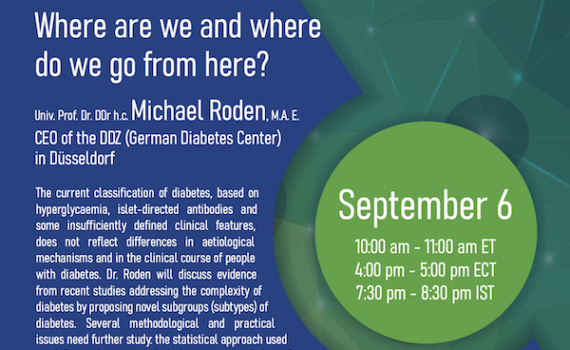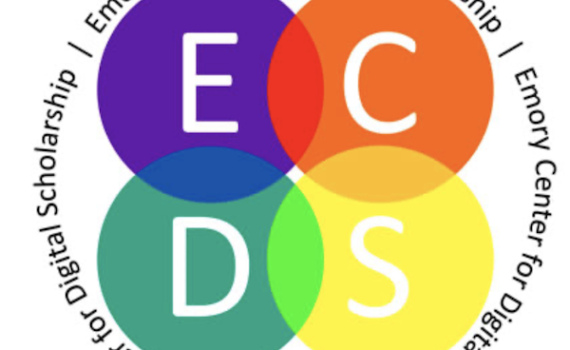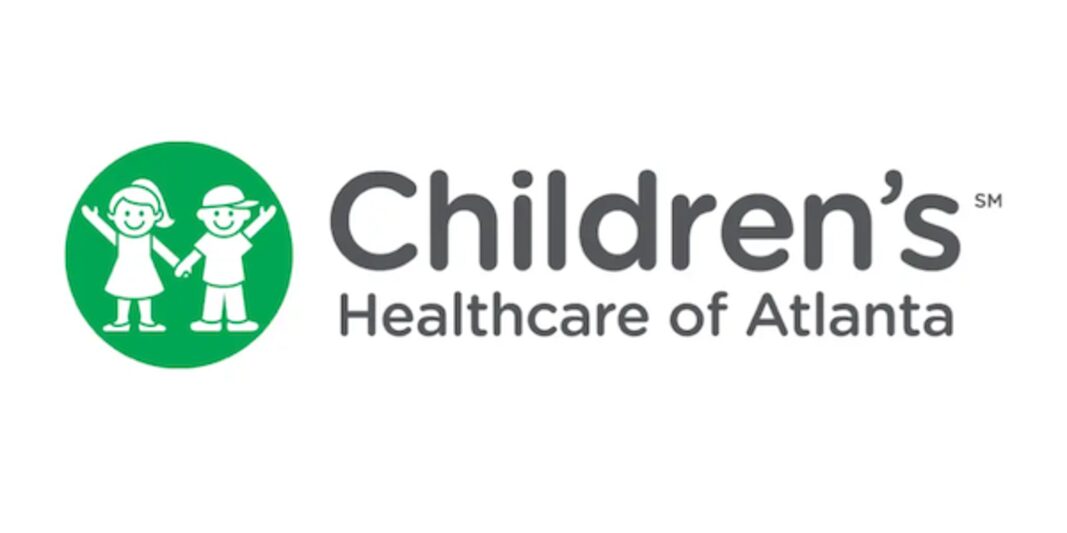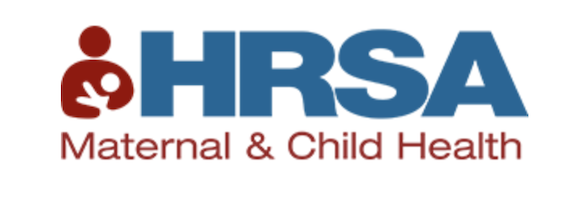Graduate Research Assistant, Emory Prevention Research Center
Category : Student Opportunities
Hours per week: 15-20 hours/week
Schedule requirements/preferences: Availability to work a consistent schedule during the week
Position Type: Part Time
Department: Behavioral, Social, and Health Education Sciences (BSHES)
Position Description: The Emory Prevention Research Center (EPRC) seeks 1 part-time Graduate Research Assistant (15-20 hours/week). The position includes the opportunity to work on multiple evaluation projects, including an evaluation of a statewide health equity initiative, an evaluation of a CDC-funded racial equity grant in a rural Georgia county, and supporting evaluation reporting efforts for the national PRC Program evaluation. GRA tasks include supporting qualitative and quantitative data collection, entry, and analysis, preparing summaries and reports, and other duties as needed.
Background: The EPRC conducts research and evaluation on chronic disease prevention and promotes evidence- based cancer prevention and control, particularly in southwest Georgia. The research and activities of the EPRC are planned with the participation and input of our community partners, in the spirit of community-based participatory research. Our cancer projects are funded by NCI and the CDC to promote the use of evidence- based cancer prevention practices. We are also working with the Winship Cancer Institute to support the development, dissemination, and implementation of evidence-based interventions for cancer prevention and control. See http://web1.sph.emory.edu/eprc/ for more information about the EPRC. Information about The Two Georgias Initiative is available at http://web1.sph.emory.edu/eprc/evaluation/tgi.html
Minimum Qualifications: Highly motivated, efficient, organized, detail-oriented and interest or experience working on research or evaluation.
Preferred Qualifications: Prior work experience preferred. Excellent written and verbal communication skills. Experience with Microsoft Office products. Experience with Excel, online survey software, or SPSS a plus. Qualitative data analysis experience a plus.
Compensation: $15/hour
Start Date: As soon as possible
Application Deadline: September 9, 2022
(Applications will be screened as they arrive; positions may be filled prior to this deadline.)
Contact Information: Send resume and cover letter by email to: April Hermstad, Emory Prevention Research Center – ahermst [at] emory [dot] edu










Recent Comments